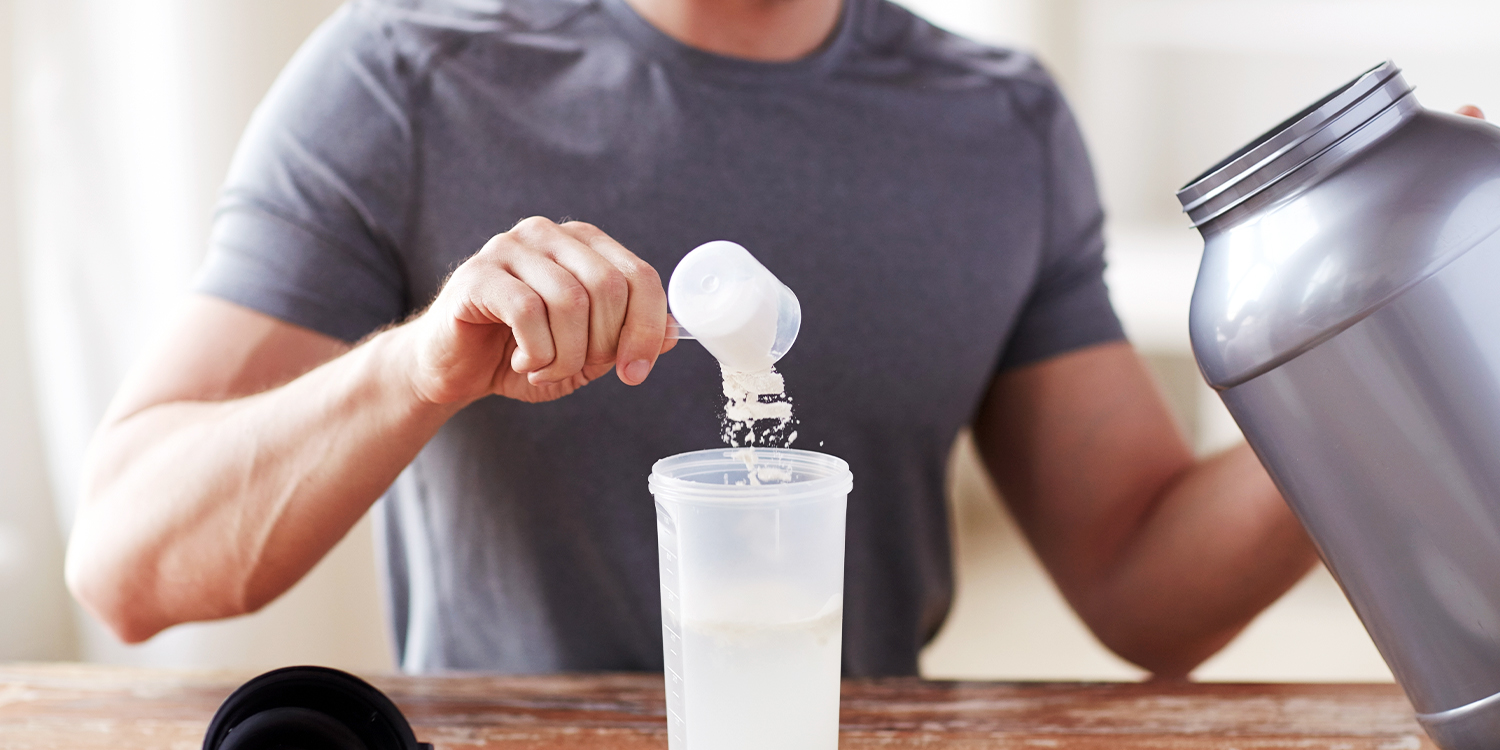
Why You Need Less Protein When You're Bulking
Protein intake has long been a topic of debate in the fitness world, especially when it comes to muscle development, body composition and recovery. Many fitness enthusiasts believe that more protein is always better, regardless of whether you're in a calorie deficit or surplus. However...
Recent research suggests that the protein requirements for muscle development may vary depending on your caloric status.
In this blog, we'll explore why you may not need as high of a protein intake when you're in a calorie surplus compared to when you're in a calorie deficit and your primary goal is muscle development and improving your physique.
THE BASICS OF MUSCLE GROWTH
To understand the relationship between protein intake and calorie surplus or deficit, it's essential to grasp the basics of muscle growth and fitness. Muscle growth, or hypertrophy, primarily depends on a combination of factors such as resistance training, caloric balance, and protein intake. When you work out and create muscle damage, your body repairs and rebuilds the muscle fibres, making them stronger and bigger.

CONSUMING PROTEIN IN A CALORIE DEFICIT
In a calorie deficit, where you're consuming fewer calories than your body needs to maintain its current weight, your protein intake becomes crucial. This is because, in a calorie deficit, your body is in a state of catabolism, where it breaks down stored energy sources, including muscle tissue. Consuming adequate protein helps to preserve lean muscle mass during weight loss, ensuring that most of the weight lost is fat rather than muscle.
To support muscle preservation and repair during a calorie deficit, it's often recommended to consume a relatively higher amount of protein. In such circumstances, consuming around 1.25-2g per pound of body weight per day may be beneficial for muscle maintenance and fat loss.
PROTEIN INTAKE DURING A CALORIE SURPLUS
Conversely, when you're in a calorie surplus, where you're consuming more calories than your body needs, your primary goal is to build muscle. In this scenario, your body is in an anabolic state, which means it has the necessary energy and nutrients to support muscle growth and repair. As a result, the need for protein to preserve muscle tissue becomes less critical because your body isn't breaking down muscle for energy.
When you're in a calorie surplus, research suggests that you may not need to consume as much protein to support muscle growth as you would in a calorie deficit. Protein intake in the range of 0.75-1g per pound of body weight per day should be sufficient to maximize muscle protein synthesis and muscle development.


THE ROLE OF TOTAL CALORIC INTAKE
In a calorie surplus, since your protein intake doesn't need to be as high when bulking, you have more flexibility with your calorie distribution. This means you can allocate those spared calories to carbohydrates, which serve as a valuable energy source to fuel your intense workouts.
Carbohydrates help ensure you have the energy and glycogen stores necessary for lifting heavier weights and sustaining the high-intensity training required for optimal muscle growth.
By striking the right balance between protein, carbohydrates, and fats, you can make the most of your surplus calories, supporting both muscle development and performance in the gym.
SUMMING UP PROTEIN & CALORIE INTAKES
In the quest for muscle development and improving your physique, it's important to tailor your nutrition to your specific goals and caloric status. While protein remains a crucial component of any muscle-building plan, you don't need as high of a protein intake when in a calorie surplus as you do when in a calorie deficit. In a surplus, prioritize overall caloric intake, and ensure that your diet is balanced with the right proportions of protein, carbohydrates, and fats. By doing so, you can maximize your muscle-building efforts while still enjoying a flexible and sustainable diet.
LATEST ARTICLES
















